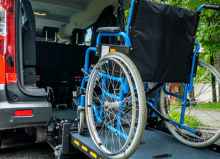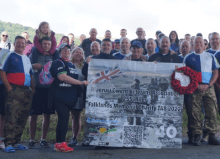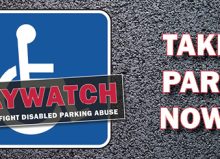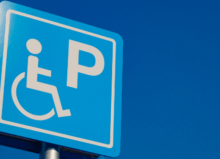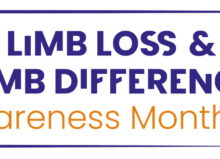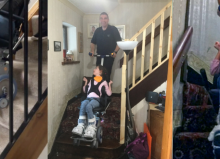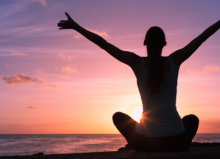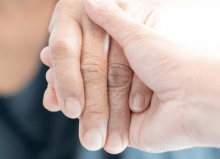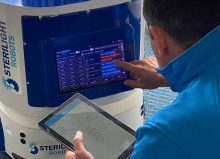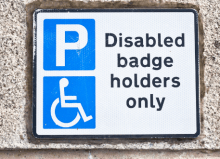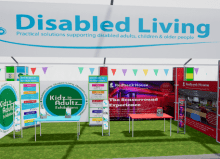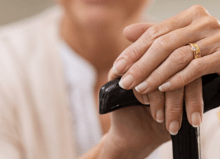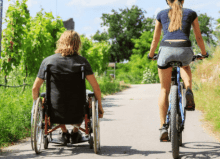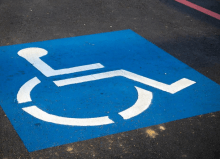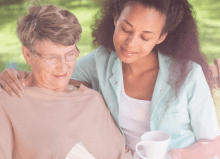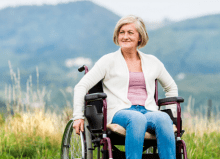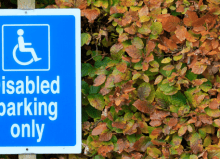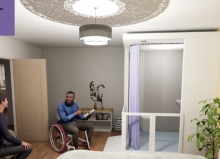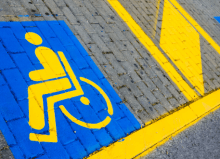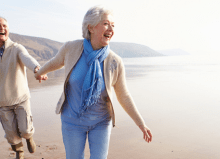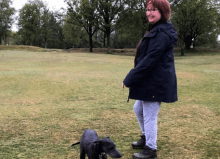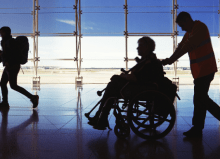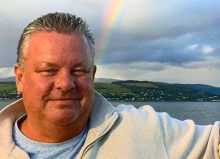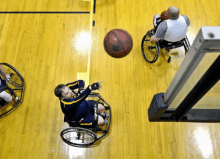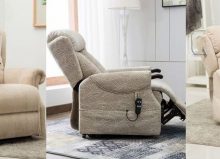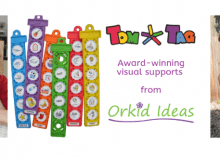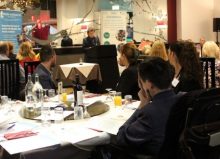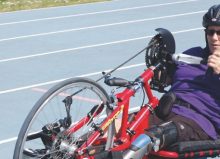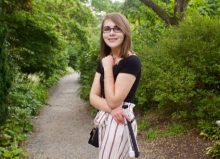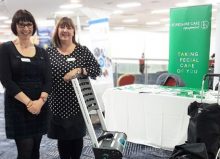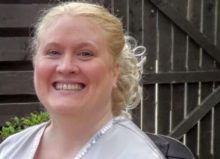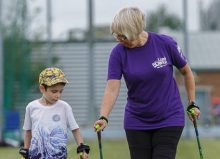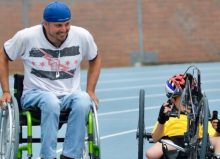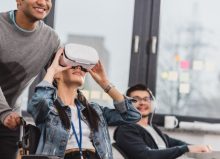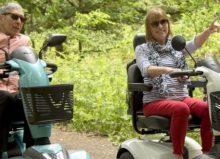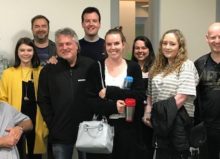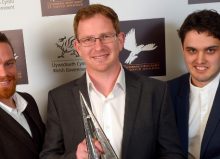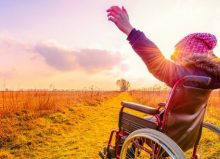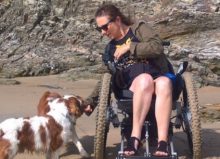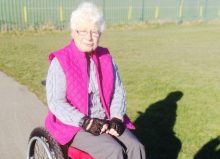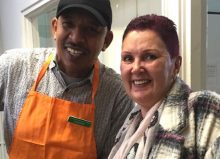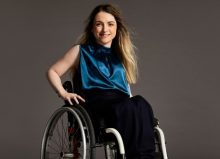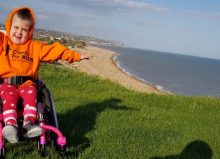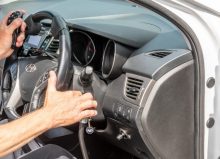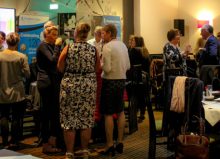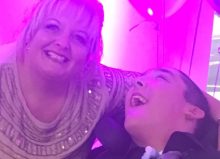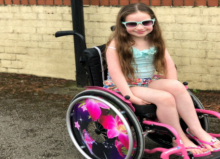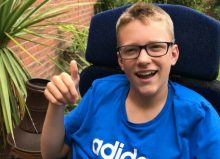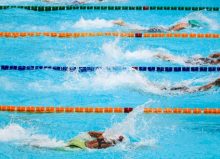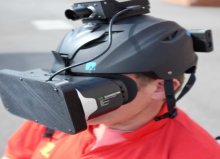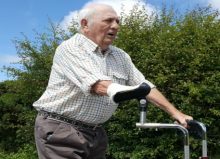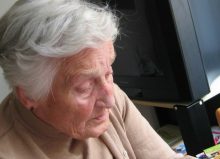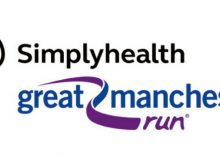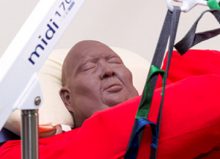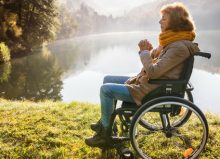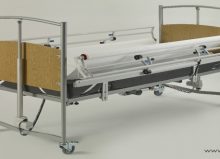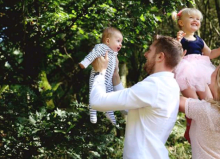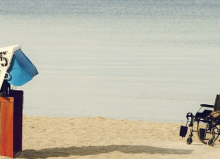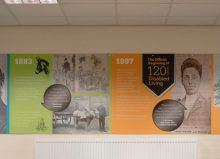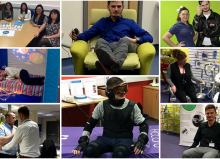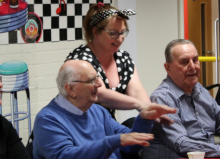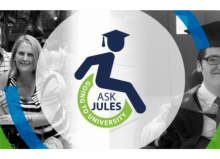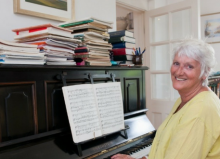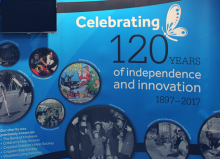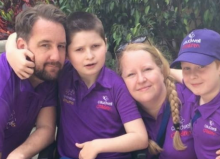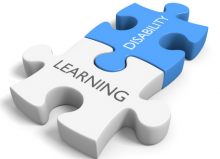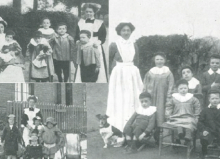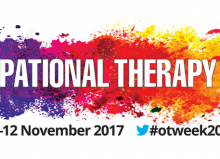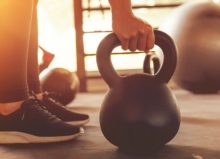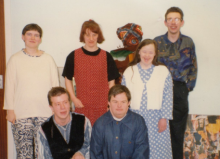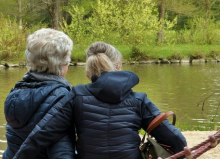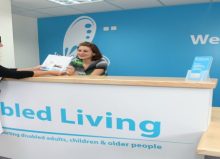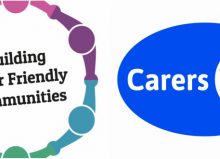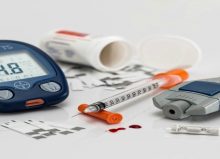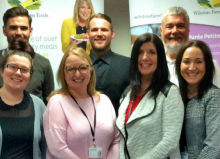The Importance of an Active Lifestyle for Disabled People
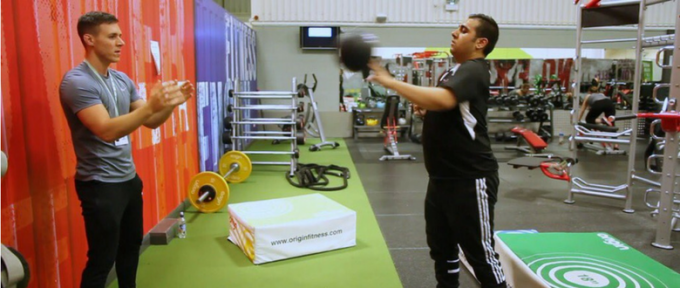
At the end of October we introduced Ben Andrews to you and told you why we thought he was deserving of our Story of the Month. Since then, Ben has started a whole new project which involves his series of videos, ‘Breaking Barriers’. These look at topics such as, transport as a barrier to an active lifestyle for disabled people and supporting disabled people with exercise. We thought this would be a worthwhile opportunity for Disabled Living to talk to Ben about his story and what it means to help disabled adapt a more active lifestyle.
Can you tell us about Empower’s story?
I started working on Empower when I was 17-years-old. I gained my Level 2 Gym Instructor qualification and started supporting family members with visual impairments at the local gym. I often thought that, there’s got to be more people in this position with a disability who could benefit from increasing their fitness but might need some support to do so.
So I started volunteering around Salford, delivering health lifestyle sessions for people with a range of disabilities; wheelchair users, people with learning disabilities, deaf people and people with hearing impairments and got a real feel, and buzz, for adapting sessions to meets people’s needs. I also assessed what was available for disabled people to keep active and found there to be a real lack of opportunities.

I tried to put a report together at about 19-years-old to state a case for a disability specific gym instructor. I’d never written a report. It had no rationale, no evidence base, and I wasn’t really sure what to do with it so unsurprisingly it didn’t go anywhere. But I knew what I wanted to do and why, so I didn’t give up on it.
Knowing I’d need more knowledge and experience to make this work I approached Salford University and explained my plans and was granted access onto an Exercise and Health Sciences degree. I used my time at Salford University to research my field, with a particular emphasis on disability, exercise and the heightened prevalence of long term conditions for this demographic.
By the time I left University I was able to articulate a clear case as to the importance of disabled people leading healthy, active lifestyles. Luckily enough, NHS Salford CCG had just released an Innovation fund to pilot new ideas to improve the health of Salford residents with one of there target groups disabled people. Being right up my street, I compiled all of my personal and professional experience along with my academic learning into a bid and submitted it. Since 2015 NHS Salford CCG has funded the Empower project, with the aim to support disabled people to lead more active lifestyles.
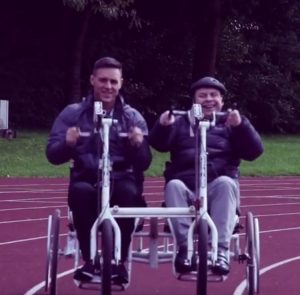
What does working for Empower Health mean to you?
Even though I’ve only been contracted to deliver it over the last 2 years, it’s been a massive part of my life for coming up to 9 years now. So it means a lot to be able to do something I’ve wanted to do for so long and worked so hard towards. This is something I’m passionate about; I couldn’t imagine doing anything that doesn’t support disabled people to lead healthier lifestyles in some way so I’m very grateful for the opportunity.
I’m grateful that NHS Salford CCG has been innovative enough to see the benefits of this type of initiative and that Unlimited Potential have supported the project through incubation to allow me to secure funding and deliver Empower whilst ensuring that the project grows and develops in the way that it should.
What inspired you to get into this area of work?
I suppose first off growing up around disability has given me a bit of a different mindset and perspective on what disability is and the barrier society presents. It’s something that families have always overcome and I’d hope to support others to do so.
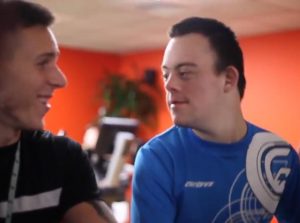
Secondly, I don’t think its right that anybody should be at any worse odds health wise based on something they have no control over. Disabled people face massive health inequalities and in many cases it’s not down to the actual disability but due to the barriers disabled people face when trying to manage their health. For example, there is no physiological reason that people who are blind should be overweight or obese, but they are at increased risk of being, due to the lack of opportunities they have to maintain a healthy weight through activity.
Finally, and from my point of view the most important, I hope to change perceptions from both non-disabled people and disabled people. From my experience, both in many cases don’t acknowledge that disabled people can keep active and lead healthy lifestyles. It feels like there’s an expectation that disabled people cannot be healthy or active, so there’s no planning in place for them to do so. I’d hope that by creating a platform to showcase disabled people keeping active and exposing both groups to this, that over time, this perception will change and it’ll no longer be an afterthought.
What advice do you have for people with disabilities that want to get more active?
I’d say look for local opportunities, not always disability specific, mainstream integrated groups, activities and venues. Services have a duty to make reasonable adjustments to accommodate your needs and it’s important that you exercise this to support a healthy lifestyles.
There are loads of barriers, which will affect this which I’m happy to talk about and give my tips and experience on overcoming these.


